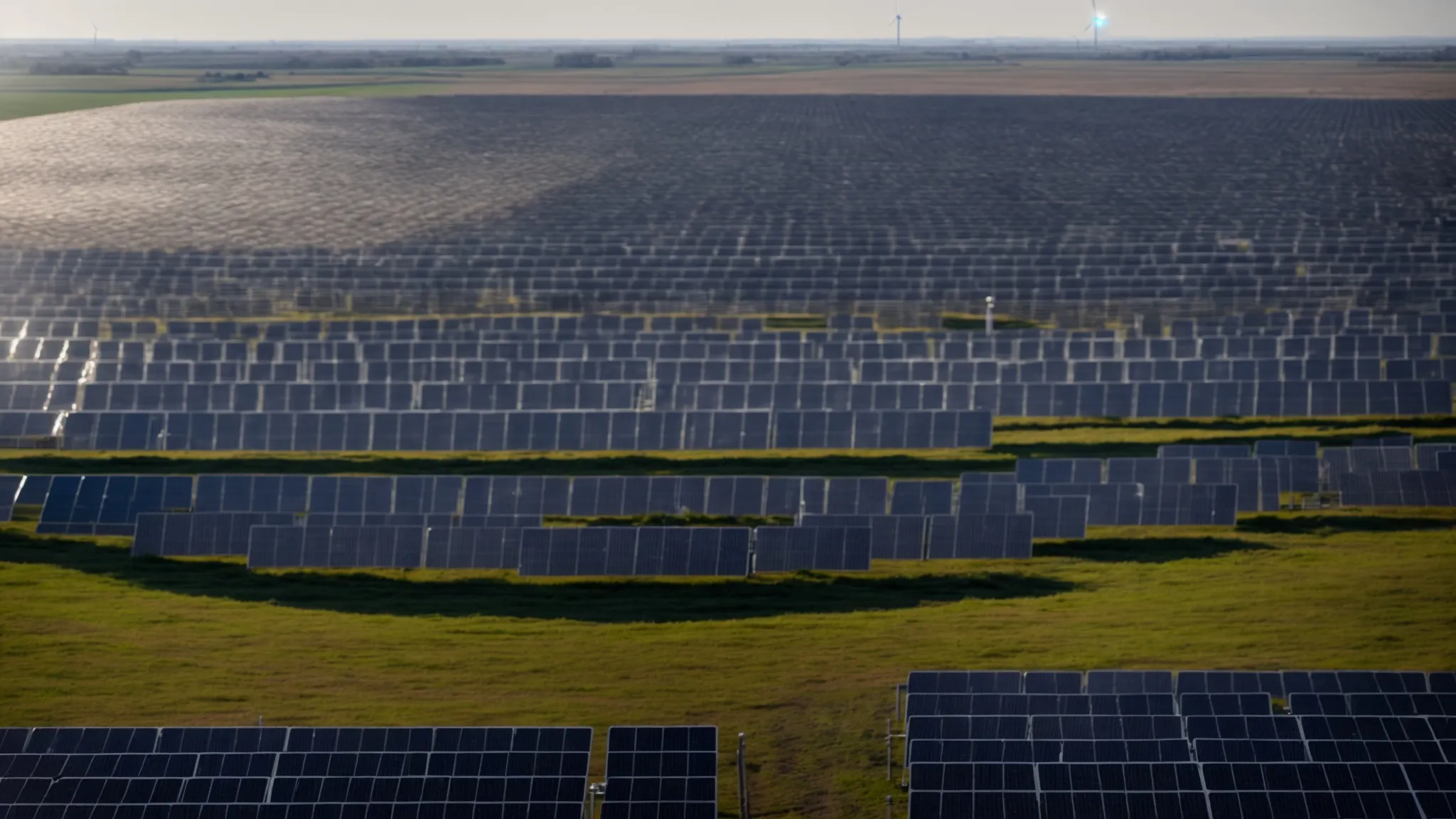In many cases, the cost of electricity depends on where you live. If you have the opportunity to choose between power companies, however, it can pay to compare to ensure that you’re getting the best deal. Still, the general differences between the kinds of energy plans should be taken into account so it may be helpful to know what you need to look for.
Market retail energy plans are mainly controlled by energy retailers. If you are considering a market retail plan, you should make sure you understand the plan as well as you can to make sure it really is what you want. This is important because the energy retailer is able to change the cost of the plan whenever they like with or without notice while you are their client. An energy retailer may also agree to a plan with a fixed cost for a period of time, but if they do not explicitly agree to such an arrangement you may find yourself with an unpleasant surprise next time you get your energy bill. They may occasionally offer discounts as well, but caution is still advised in these scenarios.
Standard retail energy plans, on the other hand, tend to be more heavily regulated. These plans tend to be more predictable, but they come with their own downsides. They tend to be more expensive than market retail plans, but the cost of the plan must be consistent over a period of six months. Additionally, if you want to use this kind of plan you usually have to commit to the plan for a minimum length of time. A standard retail energy plan may not have as flexible a system as a market retail energy plan, but they tend to be more predictable. The cost associated with them may also vary a fair amount depending on where you live, so it may be wise to consider them if you are moving to a new home.
Some areas might also utilize a prepaid meter system, which are geared toward a more granular approach to power distribution. That is, each resident of an apartment or other property with a power meter might make a payment toward an individual meter through the use of a smartphone or a local convenience store. While this can be more convenient than other ways of paying for energy for many people, it can have its own complications as well. Downsides of prepaid meters include being more expensive overall than other kinds of meters and having to stay on top of your electricity usage or you risk having to use “emergency credit” if you run out of energy. Prepaid electricity meters can be convenient if you need them, but you have to be willing to deal with actively maintaining your utilities.
You will need to settle on an energy plan of some sort if you want to keep the lights on in your home. Cheap electricity might not be available everywhere, but that doesn’t mean you should pay more than you have to. Making energy-conscious changes to your home like throwing blankets over your windows for insulation when the weather turns cold or even taking advantage of a sunny climate with solar panels might save you a little bit of money in the long run. Knowing what energy plan you need for your situation might take some research, but doing that research will likely be worth it. To help you get started, compare energy plans with iSelect.



